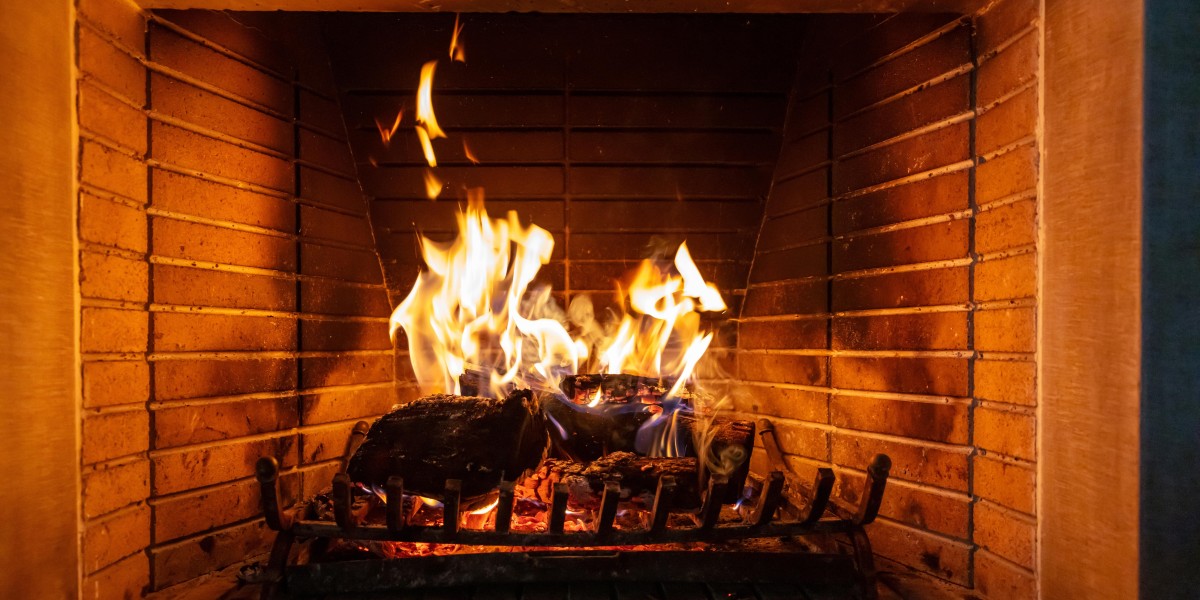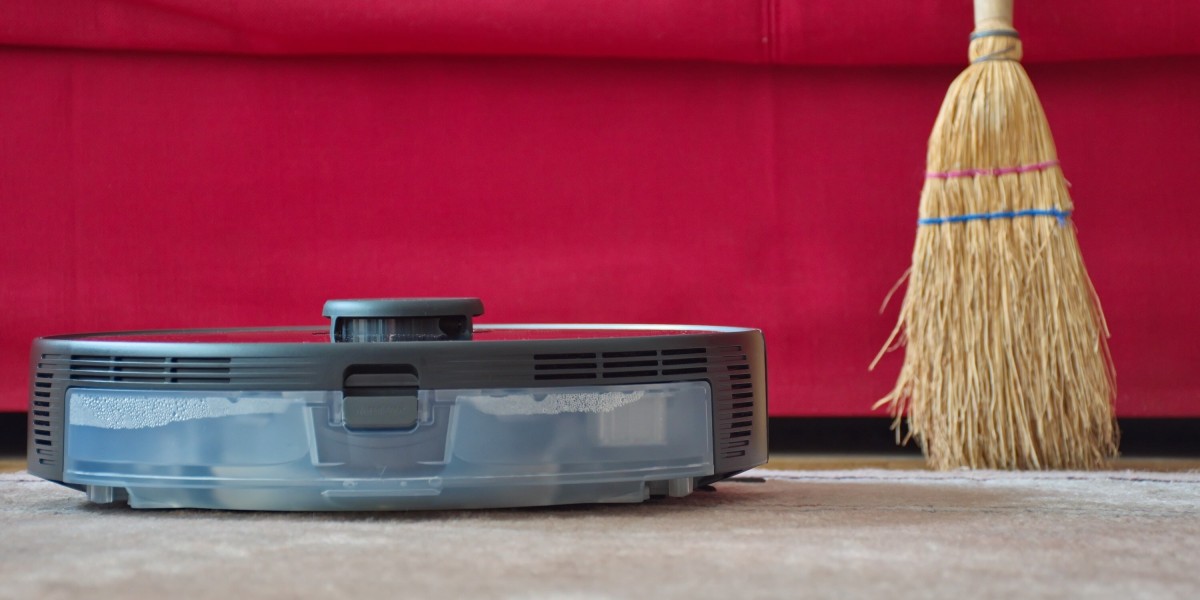Indonesia insists B40 biodiesel execution to continue on Jan. 1
Industry participants seeking phase-in duration anticipate steady introduction
Industry deals with technical challenges and cost concerns
Government funding problems arise due to palm oil cost disparity
JAKARTA, Dec 18 (Reuters) - Indonesia's strategy to expand its biodiesel required from Jan. 1, which has actually fuelled issues it could curb international palm oil products, looks progressively likely to be carried out gradually, experts stated, as market individuals seek a phase-in duration.
Indonesia, the world's most significant manufacturer and exporter of palm oil, plans to raise the compulsory mix of palm oil in biodiesel to 40% - called B40 - from 35%, a policy that has triggered a dive in palm futures and may push rates further in 2025.
While the government of President Prabowo Subianto has stated repeatedly the strategy is on track for complete launch in the new year, market watchers say costs and technical obstacles are most likely to lead to partial application before complete adoption throughout the stretching archipelago.
Indonesia's biggest fuel retailer, state-owned Pertamina, stated it needs to modify a few of its fuel terminals to blend and store B40, which will be completed throughout a "shift duration after federal government establishes the required", spokesperson Fadjar Djoko Santoso told Reuters, without supplying details.
During a conference with government authorities and biodiesel producers last week, fuel sellers asked for a two-month transition period, Ernest Gunawan, secretary general of biofuel manufacturers association APROBI, who remained in attendance, told Reuters.
Hiswana Migas, the fuel retailers' association, did not immediately react to an ask for remark.
Energy ministry senior main Eniya Listiani Dewi told Reuters the required hike would not be carried out gradually, and that biodiesel producers are prepared to provide the greater mix.
"I have actually confirmed the preparedness with all manufacturers last week," she stated.
APROBI, whose members make fatty acid methyl ester (FAME) from palm oil to be blended with diesel fuel, stated the federal government has actually not issued allowances for manufacturers to sell to fuel retailers, which it generally has actually done by this time of the year.
"We can't perform without purchase order files, and order documents are obtained after we get contracts with fuel companies," Gunawan told Reuters. "Fuel companies can only sign contracts after the ministerial decree (on biodiesel allocations)."
The government prepares to assign 15.62 million kilolitres (4.13 billion gallons) of FAME for B40 in 2025, Eniya informed Reuters, less than its initial quote of 16 million kilolitres.
FUNDING CHALLENGES
For the government, funding the higher mix could also be a difficulty as palm oil now costs around $400 per metric lot more than petroleum. Indonesia utilizes earnings from palm oil export levies, managed by a firm called BPDPKS, to cover such gaps.
In November, BPDPKS approximated it needed a 68% increase in subsidies to 47 trillion rupiah ($2.93 billion) next year and estimated levy collection at around 21 trillion rupiah, sustaining market speculation that a levy hike looms.
However, the palm oil industry would challenge a levy hike, said Tauhid Ahmad, a senior expert with think-tank INDEF, as it would injure the industry, consisting of palm smallholders.

"I believe there will be a hold-up, because if it is carried out, the aid will increase. Where will (the money) come from?" he stated.
Nagaraj Meda, handling director of Transgraph Consulting, a product consultancy, said B40 implementation would be challenging in 2025.
"The implementation might be slow and gradual in 2025 and probably more hectic in 2026," he stated.
Prabowo, who took workplace in October, campaigned on a platform to raise the mandate further to B50 or B60 to achieve energy self-sufficiency and cut $20 billion of yearly fuel imports. ($1 = 16,035.0000 rupiah) (Reporting by Bernadette Christina; Editing by Tony Munroe and Lincoln Feast.)








